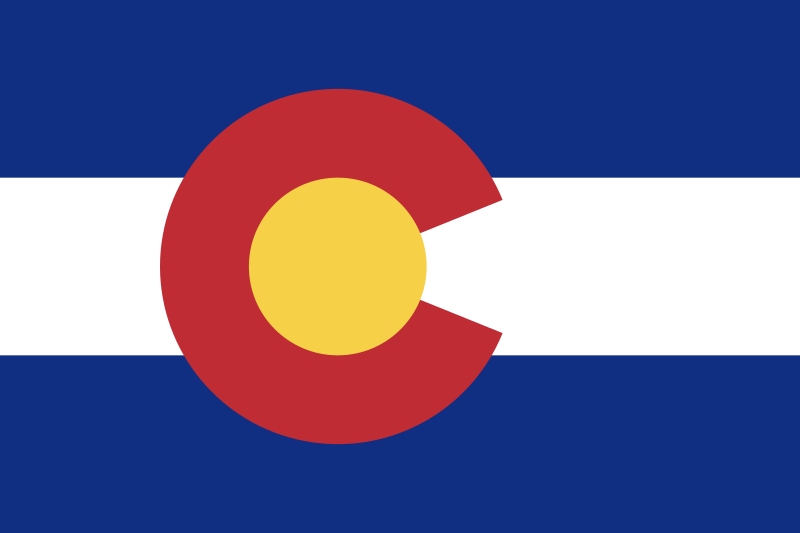The Colorado State Legislature has referred a measure to voters that would allow the state to retain tax revenue collected above $29 million annually from the tax on sports betting proceeds.
In 2019, voters approved Proposition DD, which legalized sports betting and enacted a 10% tax on sports betting proceeds. Net sports betting proceeds equal the total amount wagered minus the payout to bettors and minus 0.25% federal excise tax levied on the total amount wagered. All revenue was designed to be deposited into the Sports Betting Fund. The revenue was designed to be used first and foremost to fund expenses related to the administration and regulation of sports betting in Colorado. Funds were designed to then be distributed to (a) the Hold Harmless Fund, (b) the Office of Behavioral Health to fund the prevention and treatment of gambling addictions or disorders, and (c) the Water Plan Implementation Cash Fund.
Proposition DD allowed the state to retain $29 million per year to fund state water projects through the Water Plan Implementation Cash Fund. Since the state expects tax revenues to be greater than the $29 million estimate that was approved by voters, approval is required to retain the revenue.
If voters approve the measure, the state would be authorized to retain revenue above $29 million per year (estimated to be $2.8 million in 2023-24, $5.2 million in 2024-25, and $7.2 million in 2025-26) and appropriate funds to the Water Plan Implementation Cash Fund. If voters reject the measure, the state would refund casinos and sports betting operators any taxes paid above $29 million each year.
This measure requires voter approval under TABOR since it would increase state revenue.
In Colorado, a legislatively referred state statute must be passed by a simple majority vote in each chamber of the state legislature. Legislatively referred measures do not need to be signed by the governor. Due to the Colorado TABOR, statewide voter approval is required to enact any legislation to increase government revenue at a faster rate than the combined rate of population increase and inflation.
The measure was introduced as House Bill 24-1436 on April 1, 2024. The House passed the measure in a vote of 59-1 with five members absent on April 19, 2024. The Senate passed the measure in a vote of 33-2 on May 1, 2024.
A similar measure was approved by voters last year. Proposition II on the 2023 ballot asked voters to allow the state to keep and spend revenue exceeding official projections from increased taxes on cigarettes, tobacco, and nicotine products, which voters approved as Proposition EE in 2020. Voters adopted the measure with 68% of voters in favor. The ballot measure allowed the state to keep and utilize excess revenue ($23.65 million) generated from increased and new tobacco, cigarette, and nicotine taxes approved by voters in 2020 through Proposition EE. If the measure had been rejected by voters, excess revenue would have been refunded to distributors and wholesalers and tax rates set by Proposition EE would have been reduced.
Since 1992, when TABOR was adopted, through 2023, Colorado voters have decided on 38 statewide ballot measures that were designed to increase revenue for the state, which required voter approval under TABOR. Of the 38 measures, 12 (31.58%) were approved and 26 (68.42%) were defeated.
Of the 38 measures, 19 were referred to the ballot by the state legislature, and 19 were placed on the ballot through citizen initiative petitions.
- Of the 19 referred measures, 11 (57.89%) were approved and eight (42.10%) were defeated.
- Of the 19 citizen-initiated measures, one (5.26%) was approved and 18 (94.74%) were defeated.
Additional reading:


